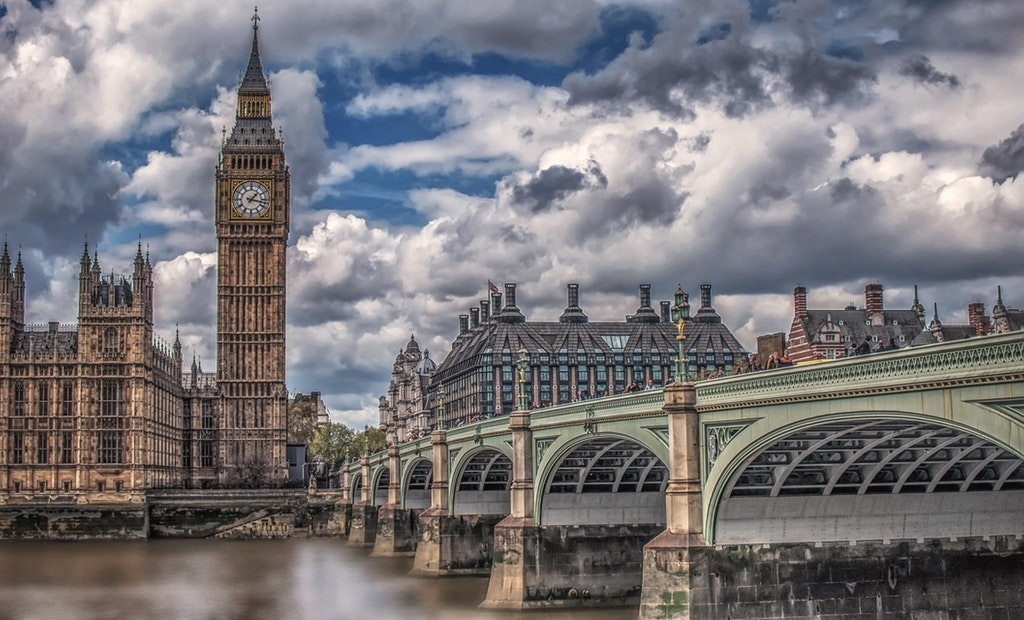Osborne warned to curb cuts by IMF

Yesterday the International Monetary Fund (IMF) delivered a damning indictment of chancellor George Osborne’s current economic policy, saying that the current raft of cuts could “pose headwinds” to economic growth.
After two weeks of analysing the current conditions, the IMF announced its annual health-check of the British economy with several of the pillars of Osborne’s economic policy coming directly under fire.
The IMF envoy rounded on Osborne’s Help to Buy scheme which had been the cornerstone of the chancellor’s last budget, saying that the policy could end up being an own-goal if housing supply was not increased alongside the measure.
Without this, experts said the result would “ultimately be mostly house price increases that would work against the aim of boosting access to housing”.
The fanfare Osborne had tried to create around his financial regulatory reform was also quashed with the IMF imploring Osborne to bolster the powers of the newly established financial policy committee, saying it should have greater ability to regulate mortgage rates.
The IMF analysis suggested that planned spending on infrastructure should be brought forward in order to stimulate what it described as a “tepid” recovery. The IMF’s deputy managing director, David Lipton, even directly stated that the pace of deficit-reduction should be slowed as a result of its findings.
This will be particularly embarrassing for the chancellor, given that he had previously flaunted the IMF’s findings to the contrary at the beginning of 2012 as evidence that his measures were the right thing for Britain.
But despite meagre growth of 0.3% it seems the economic consensus has turned against Osborne’s austerity measures, even within circles where it had previously had a stronghold. This will only have been compounded by the latest official figures posted in April, which showed retail sales falling by 1.3%.
Shadow chancellor, Ed Balls, pounced on the IMF’s verdict, describing it as a “call to action on growth and jobs” which offered a “stark warning” to the government’s economic policy.
Joe Turnbull


















Facebook
Twitter
Instagram
YouTube
RSS